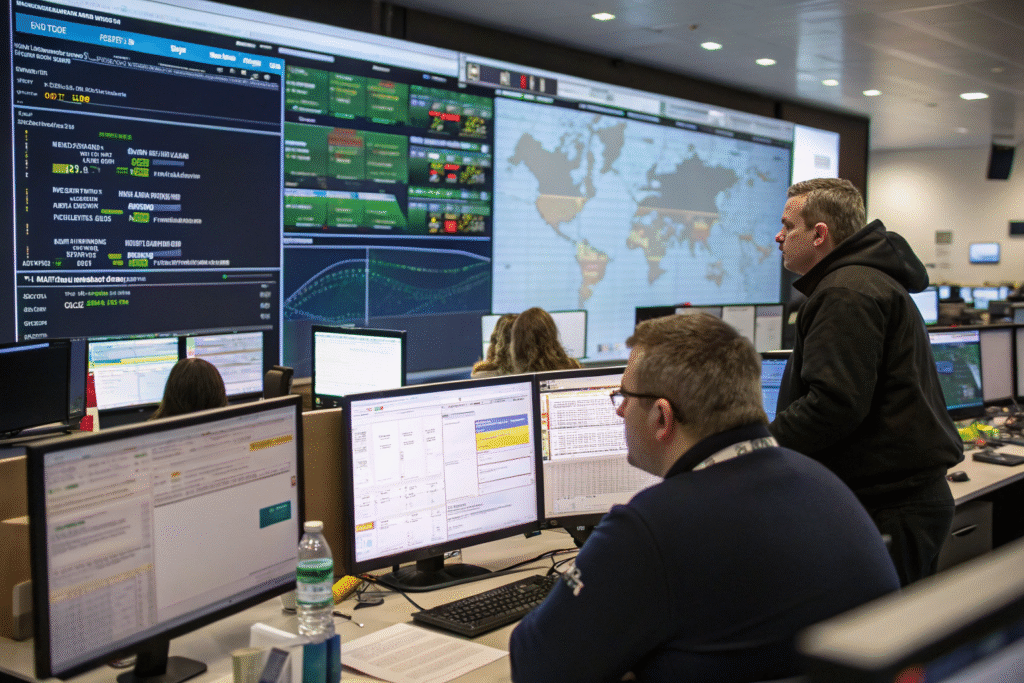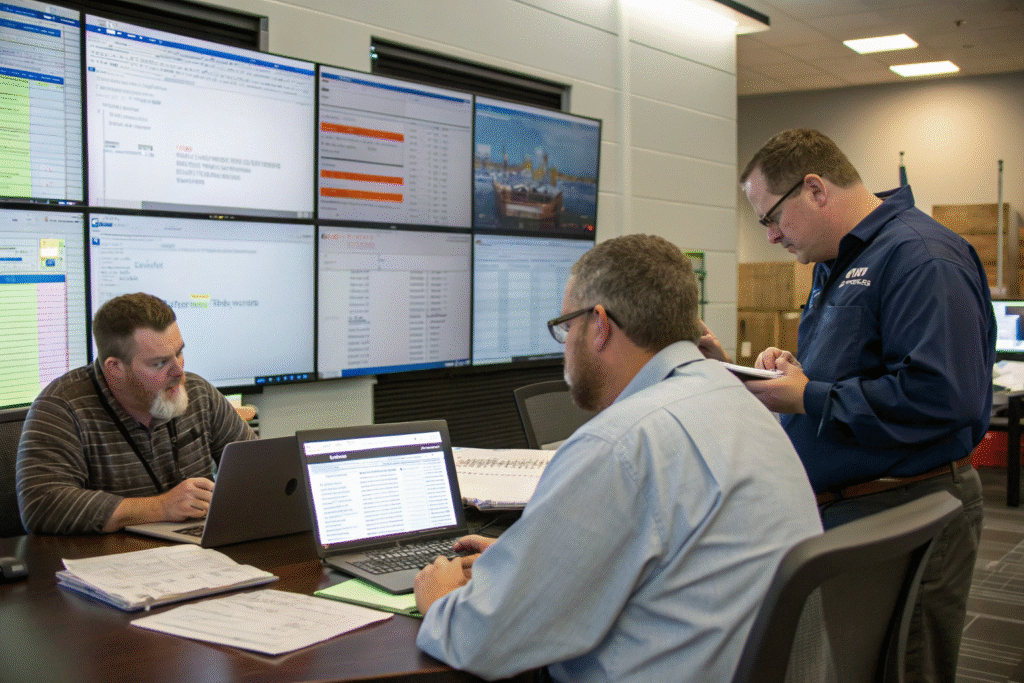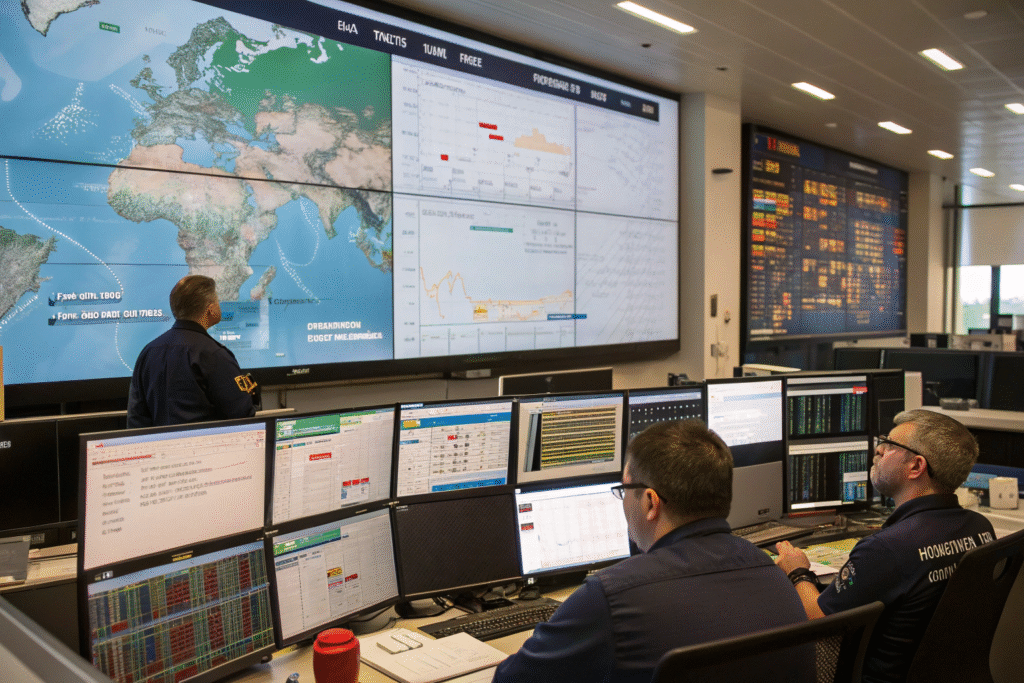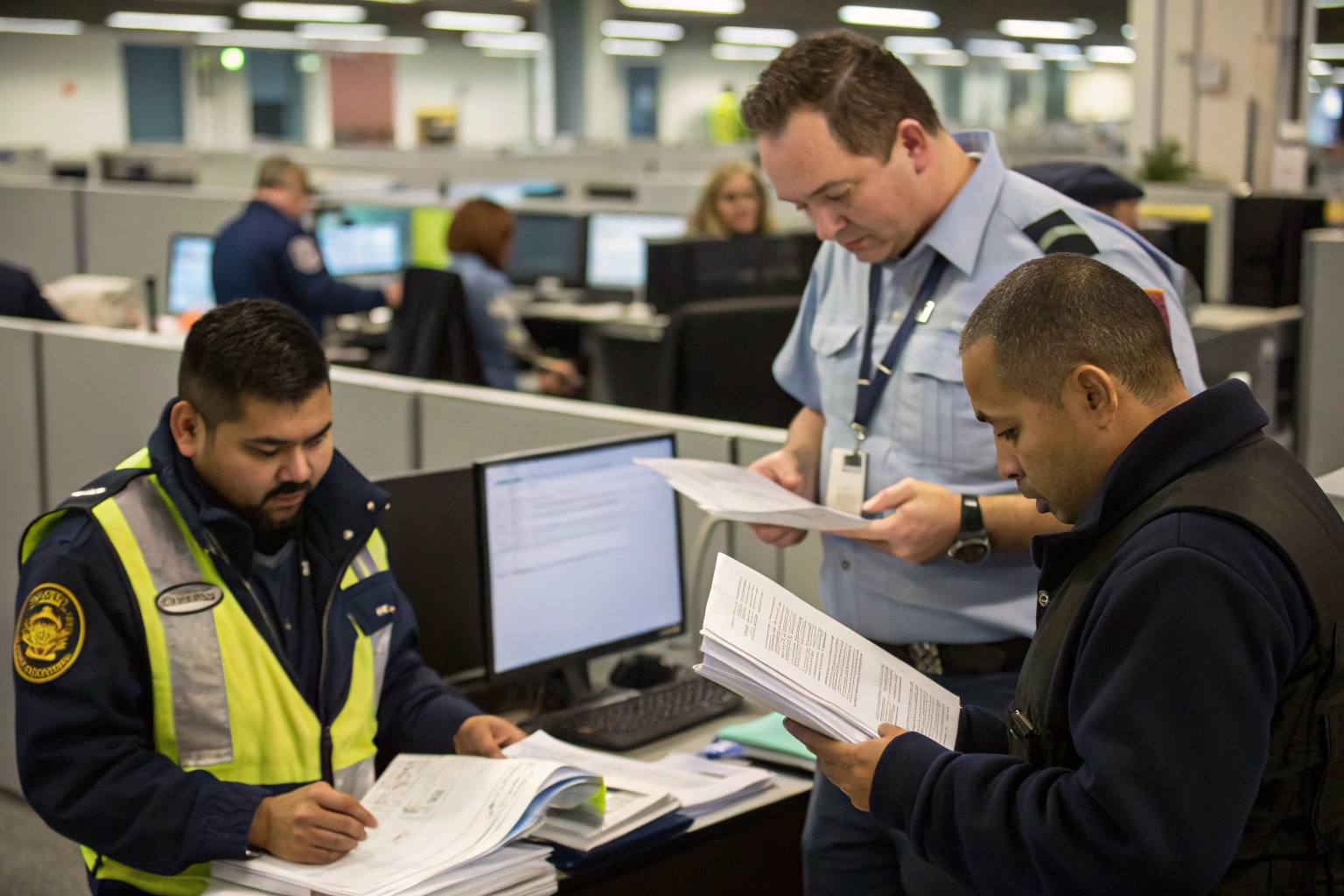When governments lock horns over tariffs and regulations, businesses like yours face immediate pressure: delays at customs, rising costs, or blocked shipments. Trade disputes between countries like the U.S. and China can throw entire supply chains into chaos overnight. As a freight forwarder, I’ve seen how unpredictable things can get.
Freight forwarders play a critical role during trade disputes by offering tariff mitigation strategies, real-time regulation updates, alternative routing, and customs clearance expertise.
For importers and exporters, especially those sourcing from China, having a forwarder who understands international policy, compliance, and logistics workarounds can be the difference between a successful delivery and an expensive hold-up. In this article, I’ll walk you through the key ways we step in and provide stability in uncertain times.
How Do Trade Disputes Impact Global Shipping?
Trade disputes are more than just political headlines — they hit hard at ports, warehouses, and procurement teams. Understanding the effects helps you act fast.
Trade disputes lead to new tariffs, customs inspections, embargoes, and port delays — all of which complicate freight planning and cost forecasting.

What Happens to Cargo During Sudden Policy Changes?
Imagine your cargo is already on the water when a new tariff is introduced. U.S. customs might reclassify it mid-voyage, or require new documentation. We’ve had cases where goods were held until an importer paid new duties — or proved exemption.
That’s why we monitor government sources like the U.S. International Trade Administration and China Customs daily, keeping clients informed on how changing laws could impact in-transit cargo.
How Do Trade Tensions Affect Delivery Timelines?
Port congestion is a real issue when sanctions or inspections increase. For example, during the 2019 U.S.-China trade dispute, shipments of electronic components were delayed by 1–2 weeks due to tighter checks.
We advise clients to build buffer time into their production and delivery schedules. We also reroute through less congested ports when necessary, using platforms like PortCast to predict port risk.
What Can Freight Forwarders Do to Mitigate Tariff Risks?
When tariffs hit, many clients panic — but the right forwarder can soften the blow. It starts with classification and sourcing strategy.
We help clients navigate tariff changes by optimizing HS codes, using bonded warehouses, and applying for trade exemptions or alternative Incoterms.

How Does HS Code Classification Help Reduce Tariffs?
A small difference in HS code can mean a big change in duty rate. For instance, classifying an item as “accessory” versus “clothing” can reduce duty by 8–12%. We review each product’s specification and consult platforms like the Harmonized Tariff Schedule to ensure the best legal classification.
We also consult with customs brokers and, if needed, request binding rulings from U.S. CBP to lock in a favorable tariff rate in advance.
Can Duty-Free Zones and FTAs Be Used During Disputes?
Yes. Bonded zones and Free Trade Agreements (FTAs) offer tariff relief. For example, we may reroute goods through Hong Kong’s free port system before exporting to mitigate direct tariffs.
In addition, under the Generalized System of Preferences (GSP), certain goods still qualify for reduced duty. We help clients determine eligibility and prepare proper paperwork.
How Do Forwarders Support with Compliance and Documentation?
Documentation errors under a trade dispute can be fatal. Customs officers scrutinize everything, so every field matters. This is where our meticulous process saves time.
We review and revise all commercial documents to reflect current trade law, ensuring full alignment with changing customs requirements.

What Changes Must Be Made to Invoices and COO?
We immediately update commercial invoices to match tariffed HS codes, revised country of origin (COO) declarations, and new Incoterms. For instance, U.S. customs may demand additional detail about Chinese manufacturing stages.
We guide clients through proper preparation of certificates of origin and make sure CBP form 7501 is complete and consistent with every document.
How Do We Handle Emergency Re-Documentation?
Sometimes a shipment is flagged mid-transit due to a policy change. In such cases, we work with airlines, ocean carriers, and consulates to fast-track re-documentation and approvals. Our 24/7 crisis team gets on calls with customs agents, carriers, and the client — solving issues before they become losses.
We’ve helped several clients recover held cargo through emergency letters of explanation, tariff exemptions, or redirecting to neutral destinations with fewer restrictions.
Can Freight Forwarders Reroute or Reposition Cargo Strategically?
When routes close or ports become unstable, speed matters. We reroute in real-time using global logistics partnerships and alternate transportation modes.
We help clients avoid blocked ports or sanctioned regions by rerouting through alternative ports, using transshipment hubs, or switching between air, ocean, and rail.

What Are the Best Alternatives When Ocean Routes Are Affected?
If Shanghai or Shenzhen ports are delayed due to inspections, we may shift cargo to Qingdao, Ningbo, or even rail to Europe via Chengdu and connect onward from Poland.
We work with carriers like Maersk and COSCO to check schedules and rates in real time, ensuring your cargo keeps moving.
How Do We Optimize for Urgency Using Multi-Modal Solutions?
When time is tight and sea is uncertain, we combine air + rail or air + trucking to meet deadlines. For example, a shipment delayed in Guangzhou was split and air-freighted in two stages via Tokyo to LAX.
We use tools like FourKites to track shipment integrity and ETA continuously. Our approach focuses on minimizing downtime while maximizing delivery predictability.
Conclusion
Trade disputes are turbulent — but they’re not the end of your shipping strategy. With the right freight forwarder, you gain a partner who can read the regulations, pivot fast, and fight for your cargo’s movement legally and efficiently.
At GeeseCargo, we help clients like Ron stay informed, adapt routes, reduce tariff burdens, and maintain shipment flow even when policies shift overnight. In times of international uncertainty, logistics transparency and agility matter more than ever.
So when the world argues over borders and rules, we keep your freight on the move — intelligently, legally, and on time.









